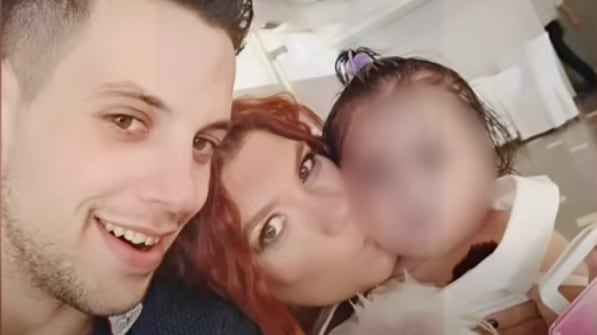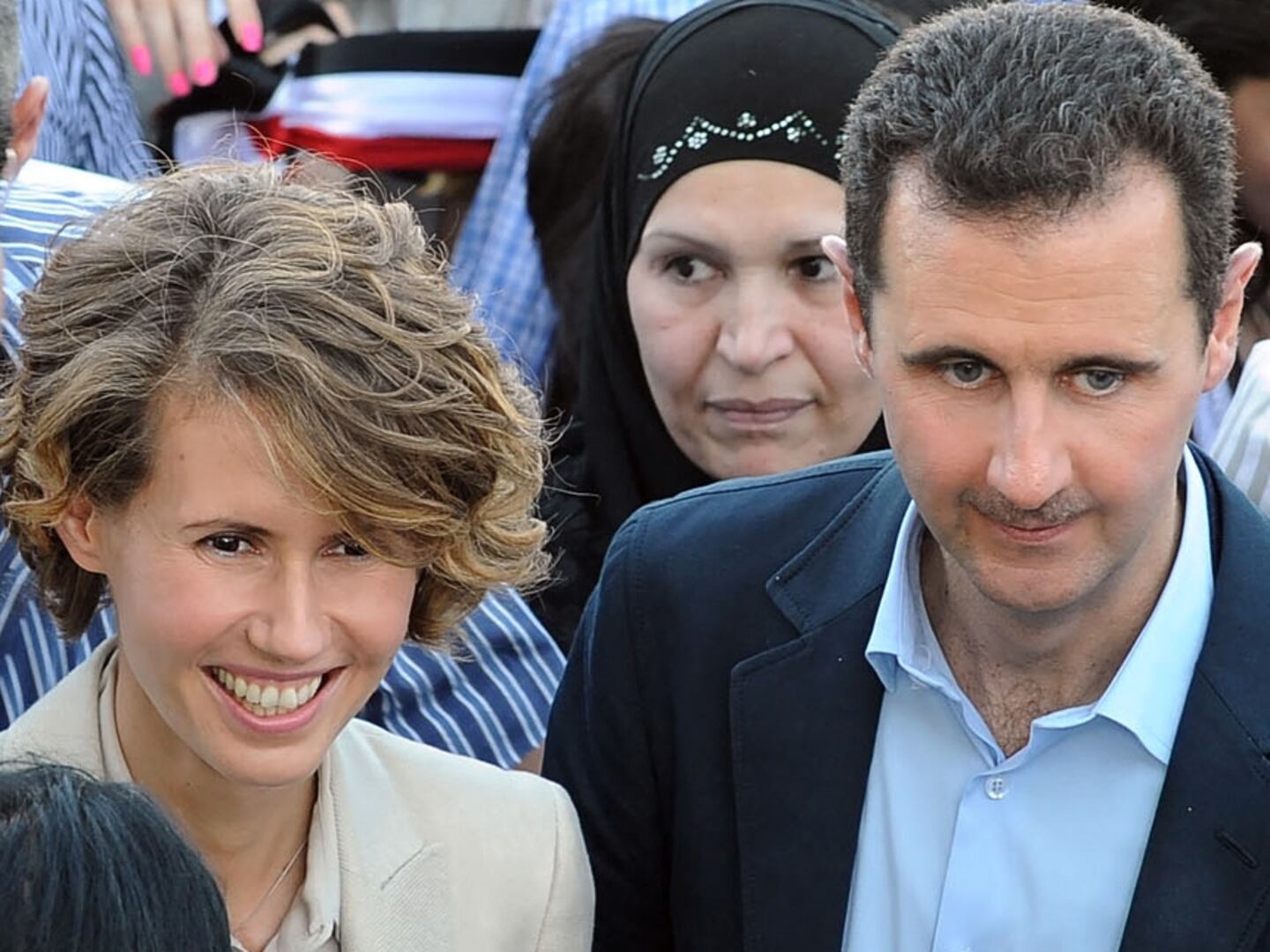Europe
ANT1 TV Greece
The Death of Her Three Daughters Became a Huge TV Tragedy—Now Mom Is Charged With Triple Homicide
MODERN MEDEA
In grief-filled interviews, a mother who lost her three girls in three years begged doctors for answers. Prosecutors now believe she killed them.

Trending Now





